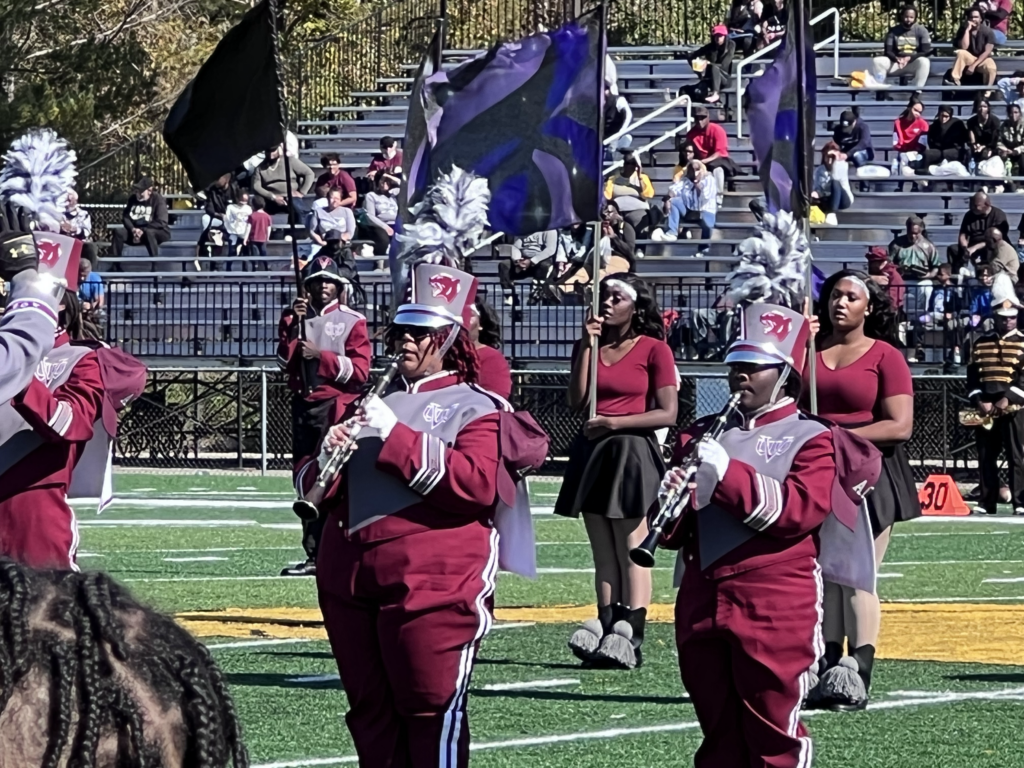Frequently Asked Questions
BCSBN General Info
For more information about our services, visit the About page.
The Black College Sports Broadcasting Network is owned by PRC Communications, LLC.
This fall, the BCSBN will televise 10 Central Intercollegiate Athletic Association (CIAA) live football games through regional networks featuring 9 of the 12 league teams. Beginning in November, the BCSBN broadcast will expand to include black college basketball through 30 local stations to reach homes across the US.
We do not offer live streaming services.
Since our programming is broadcast through regional networks, you can access our programs without a fee. To learn where you can watch our broadcasts, check out ‘Where to Watch‘.
BCSBN programs are televised through the nation’s largest black television markets with local television stations. If you want to watch our one hour pregame show, check out the ‘Where to Watch’ page to find out which of your local television stations will be showing our program. We cover HBCU games of the Central Intercollegiate Athletic Association (CIAA).
Absolutely! Drumlines, bands, cheerleaders, dancers, food, step-shows are as important to the HBCU lifestyle as the fans and players.
HBCU General Info
HBCU means Historically Black Colleges and Universities which date back to the 19th century, when many offered Black students an opportunity for higher education. Today, they continue to serve a vital role in higher education. Historically, HBCUs enrolled primarily Black students. However, today non-Black students make up nearly a quarter of HBCU enrollment at the nation’s 107 colleges and universities.
On February 25, 1837, Cheyney University of Pennsylvania became the nation’s first Historically Black College and University (HBCU) although the use of the term HBCU was not used until 1980.
- HBCUs provide an opportunity to learn and embrace Black culture and history
- HBCUs help students limit their borrowing through lower tuition rates and higher rates of receiving financial aid compared to the national average which allows them to get a better start after college
- HBCUs help close the gap Black professionals face in STEM fields and help students earn a degree and increase the graduates’ earning potential
- Students attending historically Black colleges report a much higher sense of self, feel more supported, and more often find mentors, compared with Black students at predominantly white institutions (PDI). (2014-2015 Gallup poll)
- Competing in an HBCU sport, prepares athletes for the next level of competition


